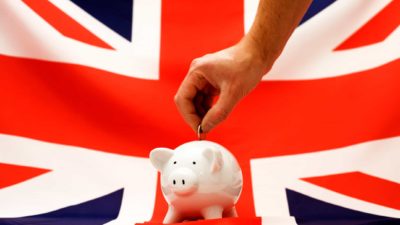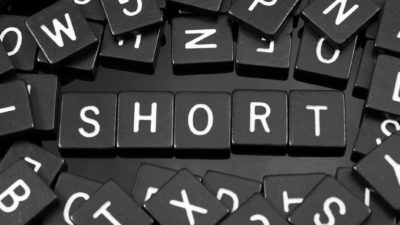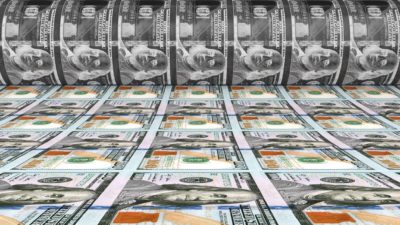So much for the briefly inverted U.S. yield curve being a guaranteed sign of a coming global recession after the S&P 500 and tech-heavy Nasdaq Composite indices in the U.S. both closed at record highs this morning.
A slew of strong earnings results in the U.S. including from the likes of consumer goods giant and economic bellwether Procter & Gamble, alongside household names like Coca-Cola Co., JP Morgan and social media giant Twitter Inc. all suggest the U.S. economy is still humming along.
At the end of the day share prices will always follow earnings per share higher or lower over the medium term, while sentiment as the short-term driver of share prices has improved on the back the U.S. Fed paring back its rate hiking guidance.
On April 15 I noted the assessment of the CEO of JP Morgan on the economic environment: " The U.S. economy continues to grow, employment and wages are going up, inflation is moderate, financial markets are healthy and consumer and business confidence remains strong."
Compare this ebullience, to the consistent complaining about "tough" operating conditions from CEOs at the likes of Commonwealth Bank of Australia (ASX: CBA) or Westpac Banking Corp (ASX: WBC) and you can see why U.S. stock markets have crushed the returns of the S&P/ ASX200 (ASX: XJO) over a 10-year period where the local market is yet to set a single new record high.
Buy high returns?
In fairness many investors will be reluctant to buy stocks at record highs, but there are always opportunities to buy good quality companies on attractive valuations.
Moreover, the principal takeaway from the above should be that the U.S. stock market will continue to thump the returns of European and Australian stock markets thanks to innovation and growth of the digital economy.







